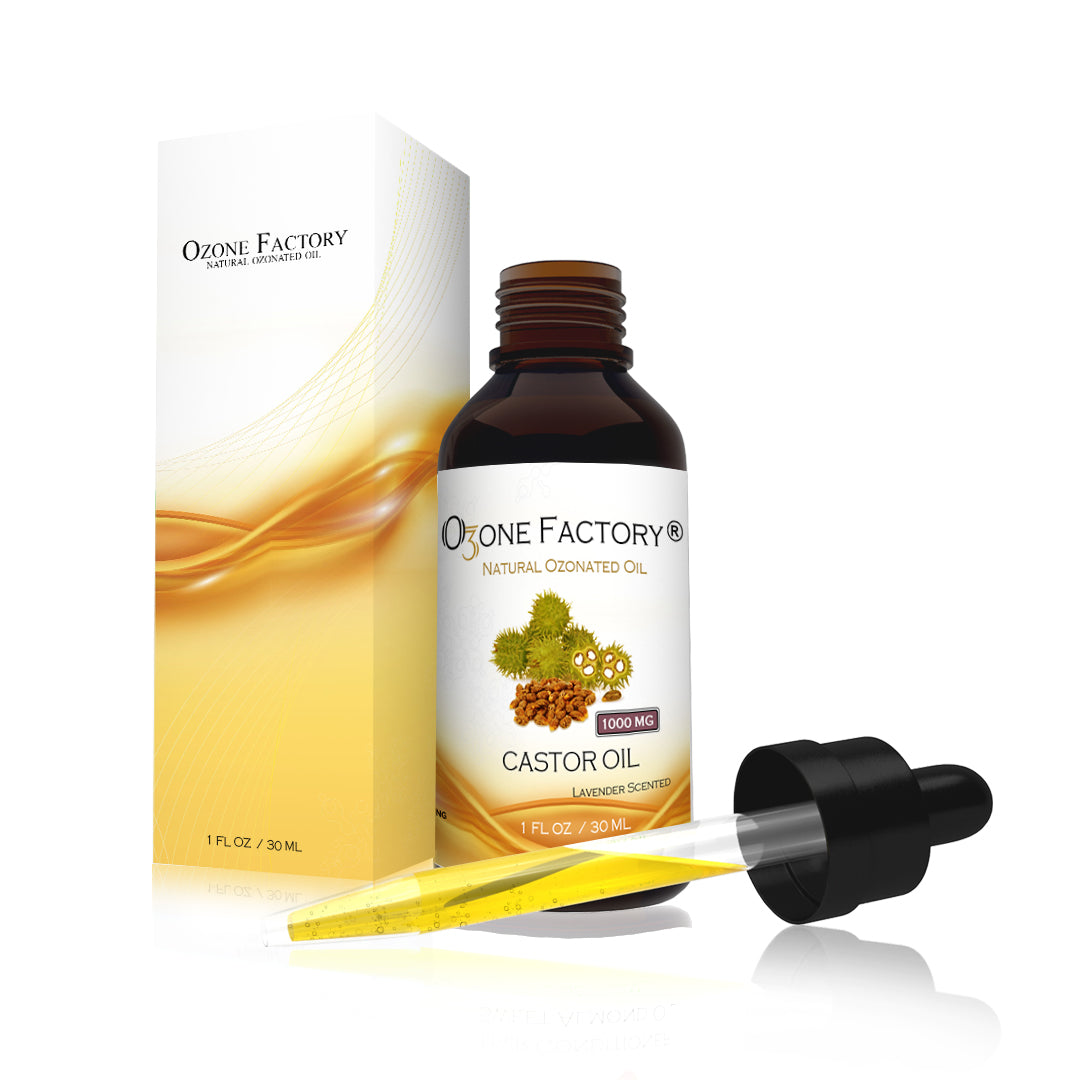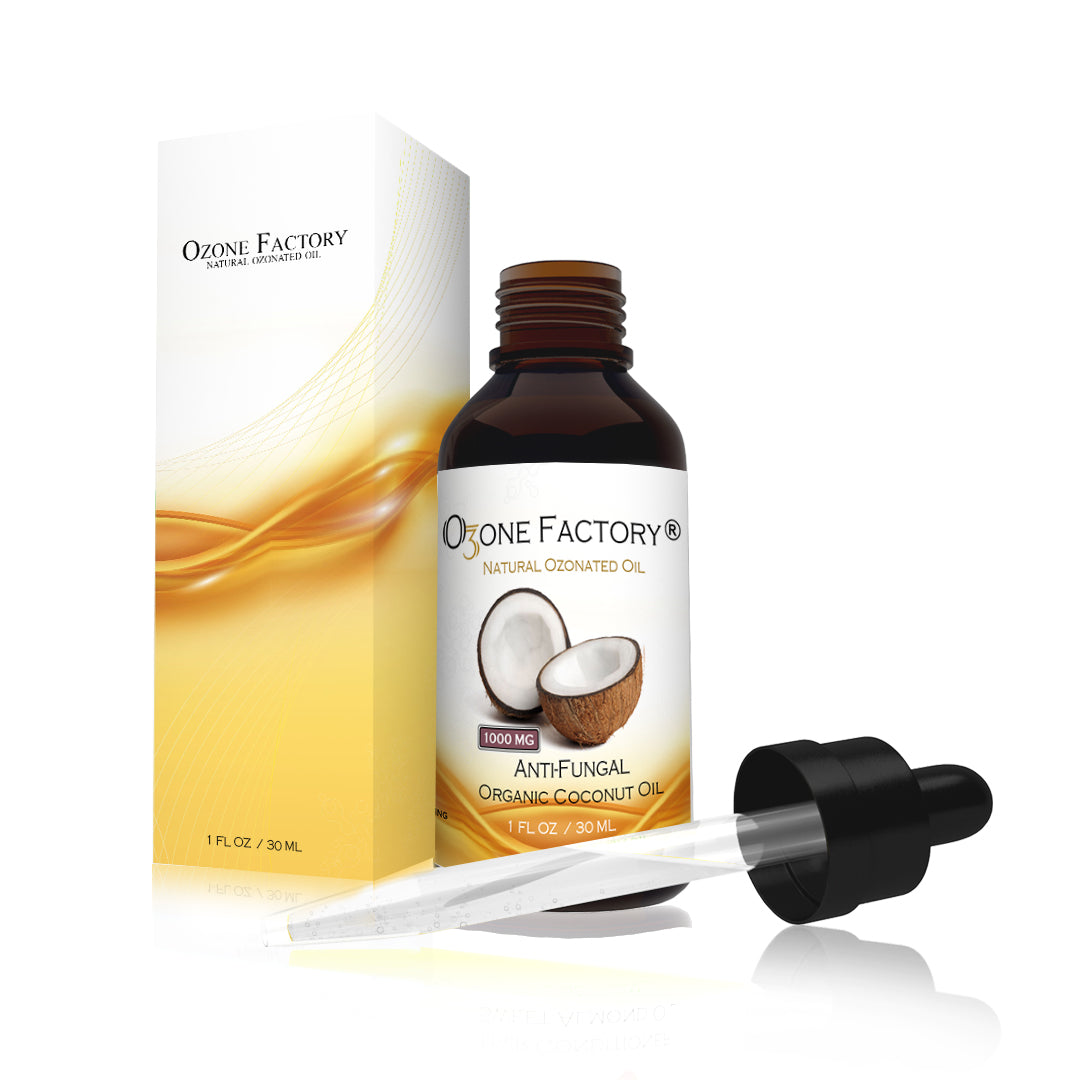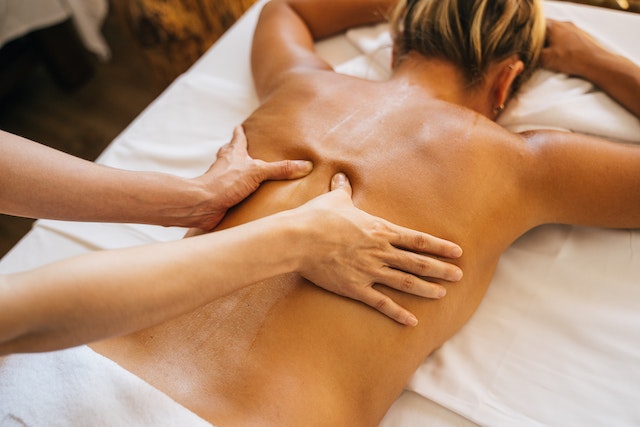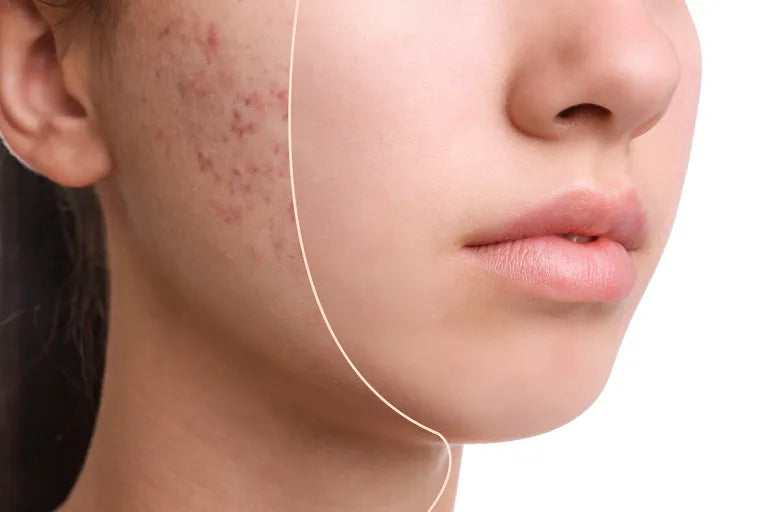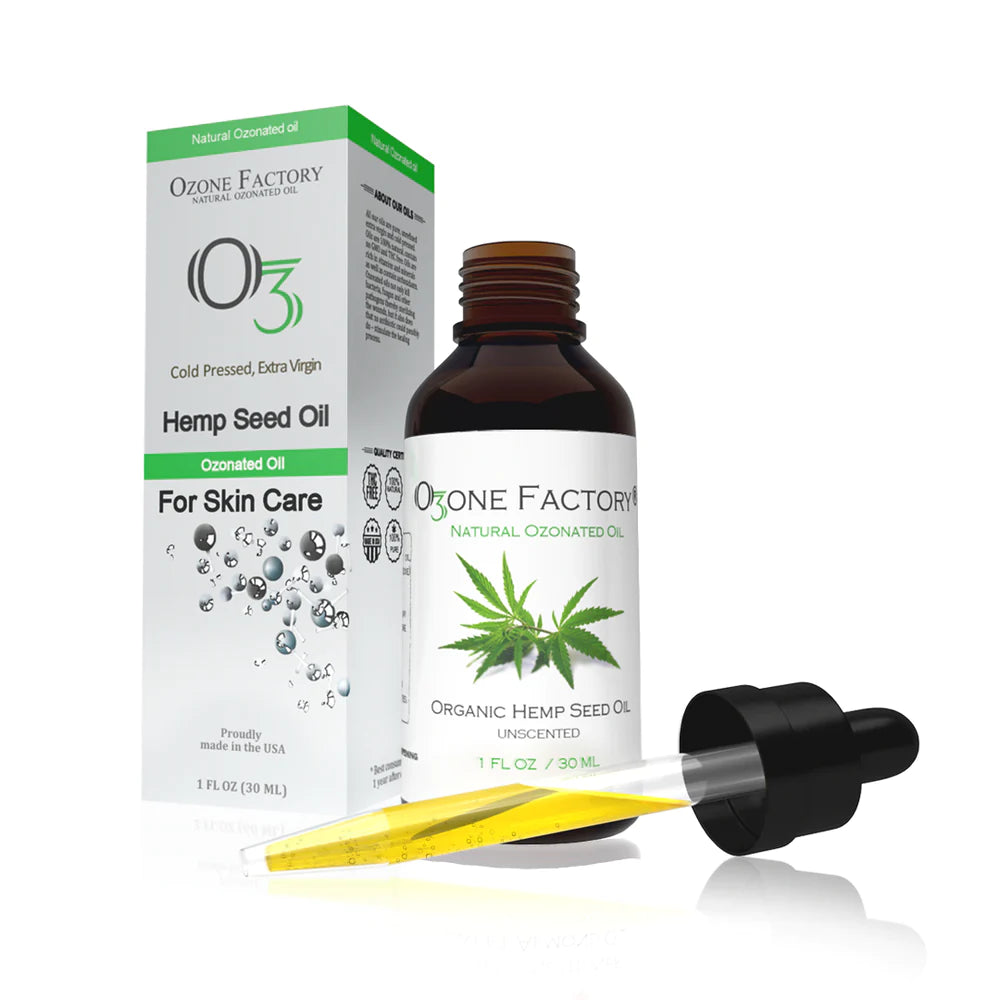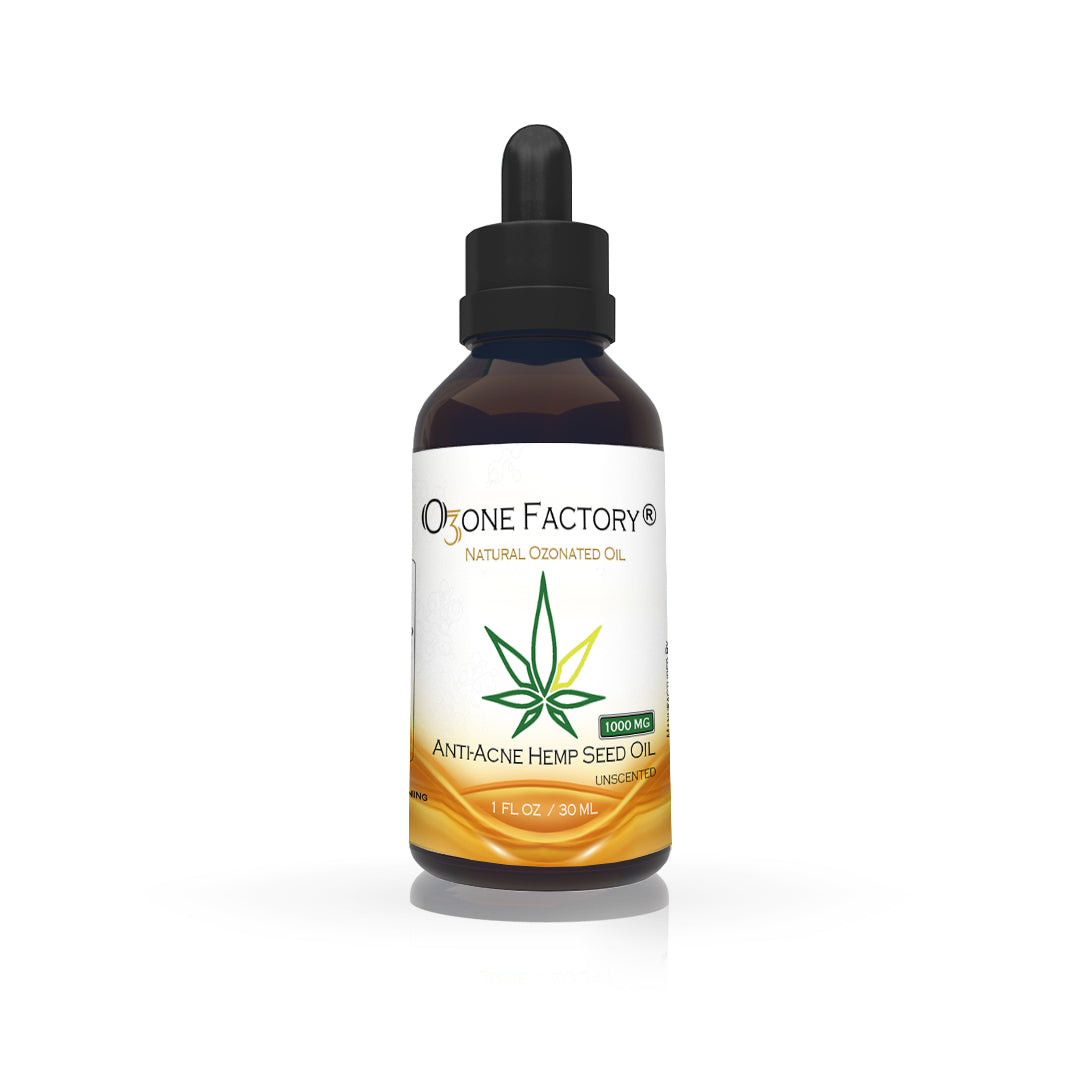
Why is caring for our hands so important?
Our hands are always busy: there’s no other part of our body we use more. All this hard work puts the skin on our hands under pressure, plus it is rarely covered and so is directly exposed to harmful external irritants such as cold, heat, frequent hand washing, pollution and dirt. These can all weaken skin’s natural barrier and cause our hands to dry out.
Our hands have a different skin structure to other parts of our body:
The skin on the palms and balls of the fingers and thumbs:
- is rich in fatty and connective tissue (such as elastin and collagen)
- has a high density of sweat glands but very few sebaceous glands
The skin on the backs of the hands:
- has hardly any fatty tissue
- is especially thin and sensitive
- has few sebaceous glands
Sebaceous glands are responsible for the production of sebum which provides skin with lipids (or fats) and moisture-binding components. Because hands have few sebaceous glands they are less able to bind in moisture than other parts of the body and dry out faster.
What are the signs and symptoms of dry hands?

The signs and symptoms of dry hands vary depending on the severity and cause of dryness:
- In its mildest form, hands feel dry and sensitive. They may be slightly red due to their heightened sensitivity
- In more severe cases hands can feel very dry and rough. Skin may be covered with fine cracks or scaly, tight patches.
- Underlying conditions such as Atopic Dermatitis can cause skin to become rough, itchy and inflamed.
Symptoms often worsen in winter, as well as after bathing or showering.
What causes dry hands?
1. Aging
You've likely heard it once or twice before: As you grow older, your skin loses structural components (collagen, elastin, hyaluronic acid, etc.) that keep it supple and strong. When these components break down, your skin barrier function suffers—and a weak barrier doesn't hold in water as well (a concept known as transdermal water loss). Alas, your skin becomes drier.
Your body's natural oil production also decreases as you age, which can result in cracks and fine lines. It's why derms often tout the importance of moisture and a good, thick occlusive to keep the skin hydrated.
2. Weather
On the topic of transepidermal water loss, did you know it happens more during the winter? Cold, dry, arid weather can weaken your skin barrier function, especially if you oscillate between the frigid outdoors and the cozy, indoor heat. And so we repeat: When your barrier weakens, it's easier for water to seep out, which can cause dryness, flaking, and discomfort.
3. Hand-washing woes

Hand hygiene is a must, full stop. But how you scrub can make a world of difference for your skin microbiome. See, when you wash your hands consistently without replenishing that moisture, blast your microbiome with alcohol-based sanitizers, or run your skin under scalding water, your skin barrier tends to pay the price.
Hot water also has the ability to strip the natural oils and lipids from your skin; and when your lipid barrier is continuously compromised, cracks and scaly, itchy skin tend to follow suit.
4. Harsh soaps and sanitizers
Speaking of hand-washing etiquette, the products you use can also weaken your skin barrier and lead to dry, uncomfortable skin. In terms of soaps, common culprits like sulfates and fragrance can aggravate the skin, causing dryness and irritation.
As for alcohol-based hand sanitizers, these don't just kill the bad bacteria: They kill the good, necessary guys, too.
5. Eczema
Hand eczema, or hand dermatitis, is characterized by redness, blistering, cracking, flaking, and itching of the palms and fingers. It's a common area to experience flare-ups if you have eczema, as your hands come into contact with a bunch of environmental triggers (including contact allergens, like sanitizers and detergents); so if you're genetically predisposed to the condition, your hands may be quick to crack and dry.
How to relieve it?

1. Moisturize.
Moisturize, moisturize, moisturize. It's essential to moisturize as often as possible to restore those lipids and encourage the regrowth of healthy bacteria, or your microbiome. It's especially important after washing your hands or taking a shower: A good cream can seal in that lingering water, restore your skin's lipids, and prevent transepidermal water loss.
2. Practice good hand-washing hygiene.
Yes, you should still wash your hands. Just find yourself a soothing, hydrating hand soap, stick to a room-temperature rinse, and apply moisturizer immediately after toweling off. You may also want to favor hand soaps over sanitizer whenever you can, as the large concentrations of ethanol and isopropanol are a bit harsher on the skin, even coupled with conditioning agents like aloe.
3. Use hydrating soaps.
Ideal soaps are made without harsh sulfates like sodium lauryl sulfate, that can damage the skin barrier.
4. Protect with gloves.
As we mentioned, your hands come into contact with a bunch of potential irritants. Even humdrum, household tasks (like washing dishes or scrubbing counters) can cause cracked and scaly hands, which is why many experts recommend you invest in a pair of gloves to wear during labor or housework. By keeping the skin protected from those drying allergens, you can help alleviate some of the discomfort.
You can even take it a step further and slather your hands in a nourishing oil or moisturizer before pulling on the dishwashing gloves: The oil will infuse your skin with softening lipids and antioxidants, and the steamy, sudsy water increases the skin's permeability, which can help these ingredients penetrate deeper into the pores for baby-soft skin.
5. See a derm.
If the discomfort is bordering on painful or severe (say, if you notice intense scaling or bleeding), it's best to see a professional who can find targeted treatments for any potential infections. Oftentimes, dry hands are nothing to sound the alarm over—but it's always a good idea to consult your derm if you're at all concerned.
Best Ozonated Oils for Dry Skin
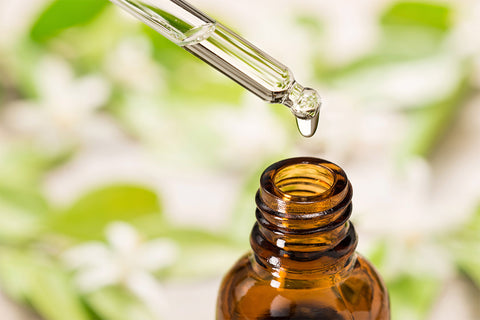
Ozonated oils are a great way to restore moisture to dry skin. Some plant oils possess anti-inflammatory and antioxidant effects, which can help improve the health of your skin barrier.
The skin barrier, also called the stratum corneum, is the outermost part of your epidermis, the top layer of your skin. This is especially important for people with dry skin because the skin barrier can protect their skin against moisture loss.
Ozonated Almond Oil
Ozonated almond oil is derived from ripe almonds in an extraction process that uses very little heat. This process is what makes unrefined almond oil. Ozonated almond oil contains oleic acid, B-sitosterol, and a-tocopherol.
Oleic acid makes it easier for the oil to sink deeper into the skin. Skin naturally has low permeability (for things to pass through), which helps keep out harmful toxins. The issue is that it can also stop moisturizers from reaching deeper levels of the skin.
Tocopherols have been shown to provide antioxidant benefits, while B-sitosterol has been shown to be an active moisturizing and skin-soothing agent. Research has shown that B-sitosterol is strong enough to help treat atopic dermatitis (eczema).
Ozonated Olive Oil
Research has shown that ozonated olive oil can help dry skin. It is made by pressing olives and then extracting the oil. Because the oil is made up of mostly oleic acid, it is an effective moisturizer.
Olive oil also contains:
- Linoleic acid: Linoleic acid is a fatty acid that has been shown to help improve the skin barrier in people with dry skin and atopic dermatitis.
- Palmitic acid: A long-chain fatty acid, palmitic acid has been shown to soothe, soften, and moisturize the skin.
- Sterols: Sterols are substances that resemble cholesterol and are thought to help reduce cholesterol levels in the body.
- Carotenoids: Carotenoids are pigments in certain plants, algae, and bacteria which provide antioxidant benefits.
- Triterpene alcohols: This chemical compound has been shown to help with wound and burn healing and skin inflammation.
- Phenolic compounds: These organic compounds can help the body because they can act as antioxidants. They have been shown to help protect against or aid in the treatment of various skin conditions.
Ozonated Coconut Oil
In recent years, Ozonated coconut oil has been marketed as a jack-of-all-trades kind of oil. It has been suggested that it is good for the skin, hair, nail, and oral health. The oil is extracted from the kernel of the coconut and is made up of fatty acids.
The research surrounding ozonated coconut oil for dry skin typically centers around skin conditions such as atopic dermatitis, and it has been shown to be an effective form of treatment for skin conditions that cause dry skin. It can help improve moisture retention and skin barrier function.
Summary
The right ozonated oils can potentially help you improve your skin barrier, which protects your skin from toxins and germs in your environment. Research has shown that ozonated almond oil, ozonated coconut oil, and others are best for dry skin and conditions that cause dry skin like eczema.

